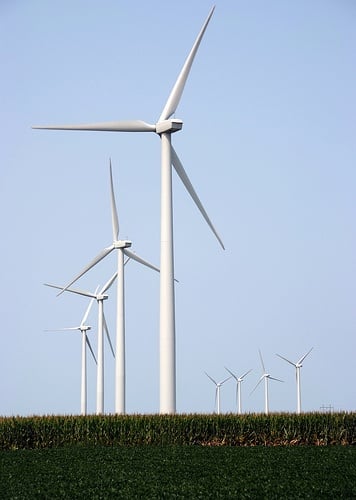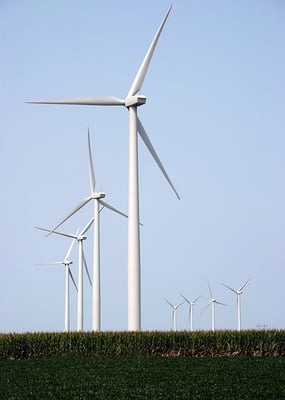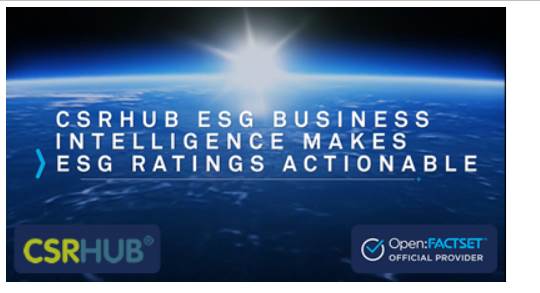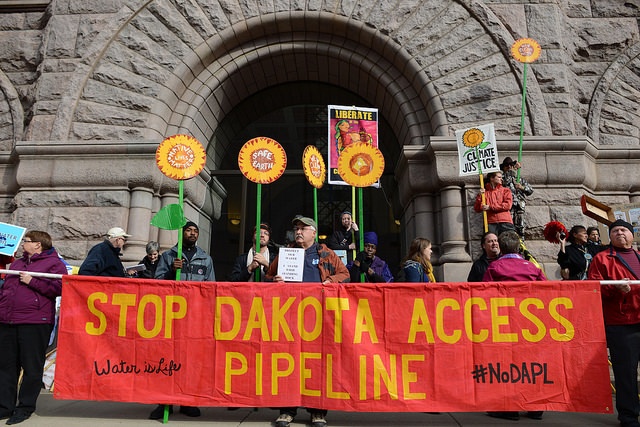By Carol Pierson Holding
Watching the first Presidential debate on October 3, I kept waiting for Obama to bring up
climate change. Yes, climate change is this election’s third rail. But it makes many of Obama’s strategies work. In fact, climate change may be at the center of his vision for a new economy. Old “cash cow” industries like oil are being “harvested;” low growth low return industries like coal are being allowed to be put out of business by low-priced natural gas, and new, fast-growing industries like wind and solar are “stars” where investment return will be highest.
Without climate change, Obama is open to charges of using taxpayer money to play with the sun and wind and counting on imaginary jobs to save the unemployed. A delusional demi-God claiming he’ll change the world.
Climate change can change the playing field for Obama, but he’s got to bring it up without saying those toxic words.
So why not instead couch climate change in bipartisan poll-sanctioned terms such as “clean tech” and “green jobs”?
And sure enough, at Tuesday night’s debate, Obama did just that.
While post-debate pundits focused on Romney’s through-line on jobs and Obama’s victories on women and immigration, my gut feeling told me that Obama had repositioned the debate most in the energy area.
Obama reset Romney’s positioning of oil and gas realism vs. alternative energy dreaming — as Romney framed it in the first debate, oil subsidies vs. Solyndra — to a new inclusive paradigm of “energy sources”:
“…we’ve got to make sure we’re building the energy source of the future, not just thinking about next year, but ten years from now, 20 years from now. That’s why we’ve invested in solar and wind and biofuels, energy efficient cars.”
When asked about high gas prices, Obama brought up higher fuel efficiency standards, positioning them not a “traditional source of energy” but another “look to the future.”
Obama used clean energy as a competitive weapon against Romney as short–sighted, ceding energy innovation to other nations:
“So he’s got the oil and gas part, but he doesn’t have the clean energy part. And if we are only thinking about tomorrow or the next day and not thinking about 10 years from now, we’re not going to control our own economic future. Because China, Germany, they’re making these investments. And I’m not going to cede those jobs of the future to those countries. I expect those new energy sources to be built right here in the United States.”
The two candidates went at each other about whether Obama had increased fossil fuel drilling on Federal lands, a fight Romney won, but after Candy Crawley got the two back to their corners, Obama continued to steer the debate to new energy :
“What I’m not for is us ignoring the other half of the equation. So, for example, on wind energy, when Governor Romney says ‘these are imaginary jobs.’ When you’ve got thousands of people right now in Iowa, right now in Colorado, who are working, creating wind power with good-paying manufacturing jobs.”
Obama’s mission was complete when Romney, the candidate who said “I like coal” in the first debate, became himself an advocate for an more inclusive definition of energy resources:
“ROMNEY: Candy, I don’t have a policy of stopping wind jobs in Iowa and that — they’re not phantom jobs. They’re real jobs.
CROWLEY: OK.
ROMNEY: I appreciate wind jobs in Iowa and across our country. I appreciate the jobs in coal and oil and gas. I’m going to make sure –
CROWLEY: OK.
ROMNEY: — we’re taking advantage of our energy resources. We’ll bring back manufacturing to America. We’re going to get through a very aggressive energy policy, 3 1/2 million more jobs in this country. It’s critical to our future.”
Were these quotes indicative of a real shift? I checked the numbers.
In the first debate, the word “taxes” dominated, followed closely by “jobs.”
In the second debate, the most-used word was “jobs.” But the second? Energy.
Yes, oil and gas were mentioned five times as much as wind and solar. And Obama came nowhere near condemning the fossil fuel industries, as climate change activists would have liked. But he moved the discussion to clean energy jobs and the energy resources of the future. And that’s a good place to start.
Thanks to ABC News for the October 16 debate transcript and CNN for the October 3 debate transcript.
Photo courtesy of cwwycoff1 via Flickr.
Carol Pierson Holding writes on environmental issues and social responsibility for policy and news publications, including the Carnegie Council's Policy Innovations, Harvard Business Review, San Francisco Chronicle, India Time, The Huffington Post and many other web sites. Her articles on corporate social responsibility can be found on CSRHub.com, a website that provides sustainability ratings data on 5,000 companies worldwide. Carol holds degrees from Smith College and Harvard University.
CSRHub provides access to corporate social responsibility and sustainability ratings and information on nearly 5,000 companies from 135 industries in 65 countries. By aggregating and normalizing the information from over 170 data sources, CSRHub has created a broad, consistent rating system and a searchable database that links millions of rating elements back to their source. Managers, researchers and activists use CSRHub to benchmark company performance, learn how stakeholders evaluate company CSR practices and seek ways to change the world.




